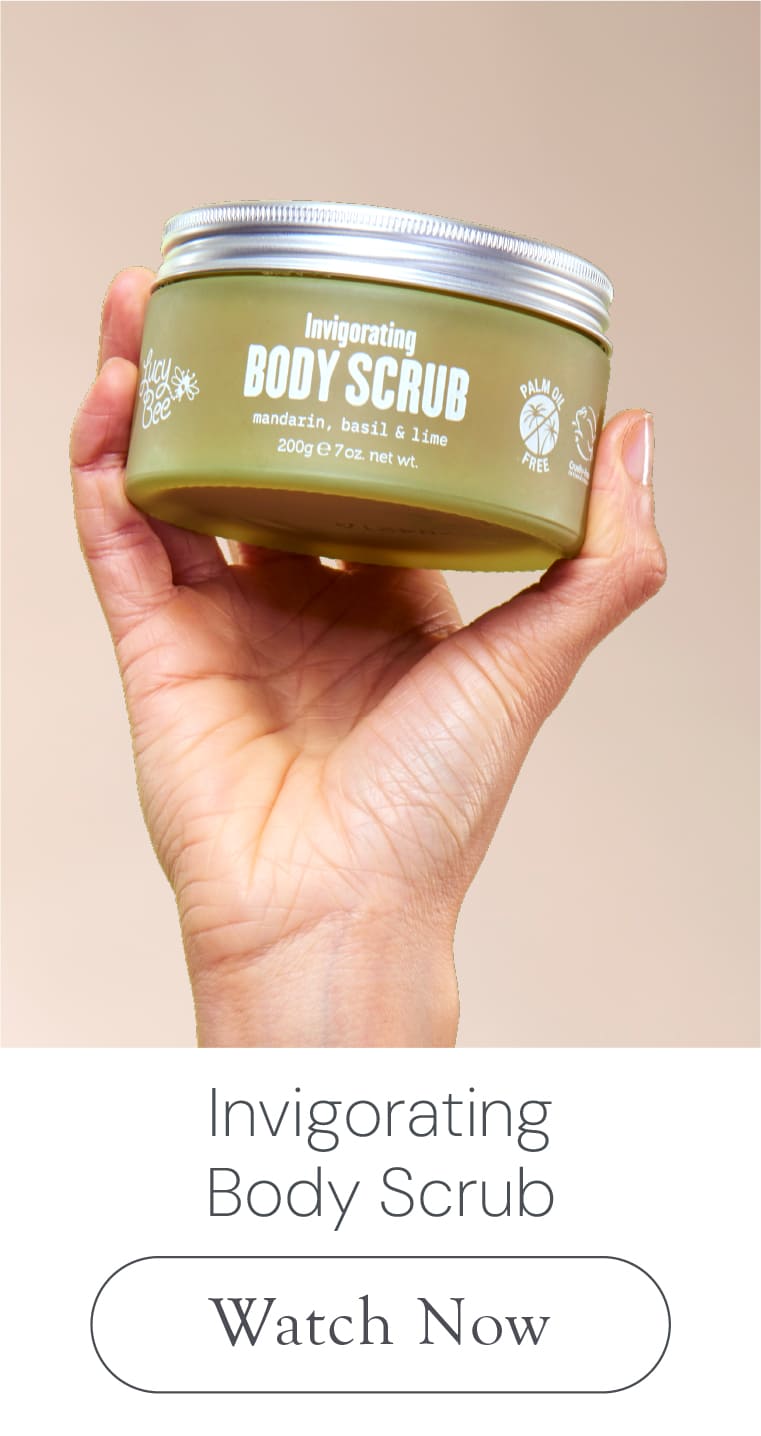SKINCARE FOR ALL SKIN TYPES
VEGAN AND CRUELTY FREE
-
Naturally Glowing Self-Tan Mousse 200ml
203 reviewsRegular price £22.50Regular priceUnit price / per£22.50Sale price £22.50 -
Naturally Glowing Self-Tan Drops 30ml
327 reviewsRegular price £18.00Regular priceUnit price / per£18.00Sale price £18.00 -
Tan Mousse and Mitt
128 reviewsRegular price £27.45Regular priceUnit price / per£27.45Sale price £27.45 -
Tan Drops, Tan Mousse & Mitt
72 reviewsRegular price £45.45Regular priceUnit price / per£45.45Sale price £45.45 -
-
Natural Hydrating Foam Face Wash 150ml
77 reviewsRegular price £15.00Regular priceUnit price / per£15.00Sale price £15.00 -
Organic Exfoliating Tonic with AHA & PHA 100ml
23 reviewsRegular price £22.50Regular priceUnit price / per -
2-in-1 Hydrating Face Serum with Broad Spectrum SPF 30, 50ml
149 reviewsRegular price £22.50Regular priceUnit price / per£22.50Sale price £22.50 -
Organic Radiance-Boosting Face Cream 55ml
282 reviewsRegular price £35.00Regular priceUnit price / per£35.00Sale price £35.00 -
Invigorating Body Scrub 200g
93 reviewsRegular price £17.49Regular priceUnit price / per£17.49Sale price £17.49 -
Organic Core Collection
305 reviewsRegular price £83.50Regular priceUnit price / per -
Signature Collection
7 reviewsRegular price £107.50Regular priceUnit price / per£107.50Sale price £107.50
Let customers speak for us
from 5619 reviewsI have used nearly every make of tan but this is the best! No streaking just a really lovely colour. Couldn’t go without it!
I had given up using self tan products as I had tried so many over the years and none suited my skin that was until I tried LB self tan mousse & tan drops which were a game changer. I use the tan drops daily and love the lovely glow they give me. The mousse is easy to apply with the mitt and end result really does give a natural tan .. I no longer sit in the sun but like to have a colour during the summer months and thanks to Lucy Bee I do 🤗 Highly recommend both products
I love using the face cream, it always make my skin feel hydrated and glowing. 🥰☺️
My 3 year old daughter suffers with eczema on the backs of her knees and we couldn’t be without this miracle cream! It calms and moistures her delicate skin and there’s no worries about harsh chemicals so we can use it as liberally and often as we need. Another amazing product from Lucy Bee! 🐝
The serum spf 30 drops are fantastic, very lightweight, non greasy and great protection for my face. I wear them all the time year round.
This is the best scrub I have ever used, it leaves my skin feeling so soft and smooth. The smell is absolutely gorgeous!
This is my 2nd bottle. It’s gives my face a healthy glow and no nasty ingredients.
Got this as part of a promotion and couldn’t believe how nice it was! The smell is amazing, like being in a spa, and my skin felt so soft afterwards. I paired it with the Lucy Bee tan which I would highly recommend and gives a lovely
and even glow. Every single product I have tried from this company I have absolutely loved!
I have been using Lucy Bee products since before I was pregnant and have continued to do so throughout my pregnancy and breastfeeding journey which gives me peace of mind knowing they are safe to use and also look great!
The drops are easy to use and give you a lovely natural glow. Would definitely recommend and they last for ages
I’ve tried pretty much all the fake tans, and this is easily the best. Doesn’t go leopard print, lovely natural colour, stays put but also easy to exfoliate off when you want to. I’ve had so comments on how good it looks and it even smells nice. I have sensitive eczema-prone skin and have had no issues with this at all
I have been using this cleansing cream for years now, it makes my skin feel soft and clean, it will take my make up off in one wash, I use the tonic water and the moisturiser after. Works so well, and will always recommend it to anyone who asks me.
Beautiful product and a little goes a long way. Really happy with the results and mixes well into moisturiser. Thank you Lucy!
I was a little sceptical of the claims about this tan being scent and streak free. However, I am so impressed to be proven wrong. Used this for the first time - there was no smell and left it on for 2 hours. This gave me a nice subtle glow which lasted for a few days. As I’m building up my confidence in using it, I’m now going to try 4 hours to get a darker tan. Really easy to use and tempted to buy the fake tan drops now too!
Each time I use the reviving cleansing cream on my face, it reminds me of laying on the bed having a facial, the thick creamy texture feels so good.
Using the textured side of the dual cloth, leaves my face feeling refreshed, ready for the soothing brilliant balm, having such sensitive skin, I wasn’t expecting to be able to use the Brilliant Balm as much as I do, I expected it to clog my pores and irritate my skin, i was so wrong, I put this on when I go to bed to nourish my face and put it on after cleansing to soothe and moisturize my lips and dry patches, especially the psoriasis on my elbow, it helps with the dry itching feeling.
ETHICAL SKINCARE
Results-driven, palm oil free skincare. Natural, organic, active ingredients and unique formulations that make a difference and are kind to even the most sensitive skin, made right here in the UK.


WHAT MAKES US DIFFERENT
HOW TO USE OUR PRODUCTS
REVIEWS FROM OUR CUSTOMERS






















































